AeroGenie — Your Intelligent Copilot.
Trending
Categories
U.S. Blocks Sale of CFM Aircraft Engine to China
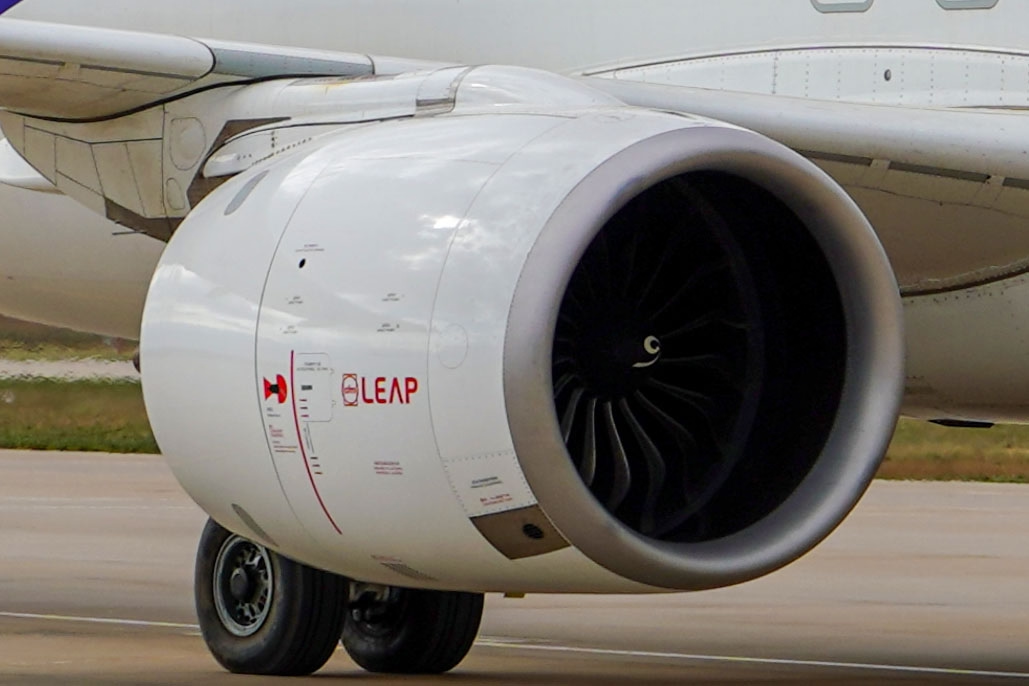
U.S. Blocks Sale of CFM Aircraft Engine to China
Escalation in Technology Tensions
The United States has taken decisive action to block the export of critical aerospace technology to China by suspending the sale of jet engines produced by CFM International. These engines were intended for use in passenger jets manufactured by the Chinese state-owned company Comac. This move represents a significant escalation in the ongoing technology rivalry between Washington and Beijing, with potential repercussions for the global aviation industry.
CFM International, a joint venture between General Electric (GE) and France’s Safran, has been supplying engines for Comac’s C919 narrow-body aircraft, which is China’s strategic response to Western manufacturers Boeing and Airbus. The U.S. government’s decision to halt these sales is driven by national security concerns and a desire to maintain a technological advantage over China.
Impact on Comac and the Aviation Market
Industry experts warn that this suspension could severely disrupt Comac’s production and certification timelines for the C919, as the company has heavily depended on Western technology to develop its commercial aircraft. The absence of CFM engines may delay China’s efforts to establish itself as a significant competitor in the global aviation market.
The export ban also creates opportunities for other international engine manufacturers, particularly from Europe and Russia, to fill the void left by CFM. However, these potential suppliers may encounter their own regulatory and technical challenges. The broader market is expected to respond with caution, as competitors and suppliers reassess their strategies amid shifting U.S.-China relations.
Broader Context and Industry Implications
This decision aligns with a wider U.S. strategy to restrict China’s access to advanced technologies, including semiconductors and telecommunications equipment, reflecting growing concerns over China’s rapid technological progress and its implications for economic and national security.
As the global aviation sector continues to recover from the pandemic and manage ongoing supply chain disruptions, the U.S. export ban introduces additional uncertainty. For Comac, the immediate challenge will be to accelerate the development of indigenous capabilities or secure alternative suppliers. More broadly, the move signals a new phase in the competition for technological leadership within the aerospace industry.
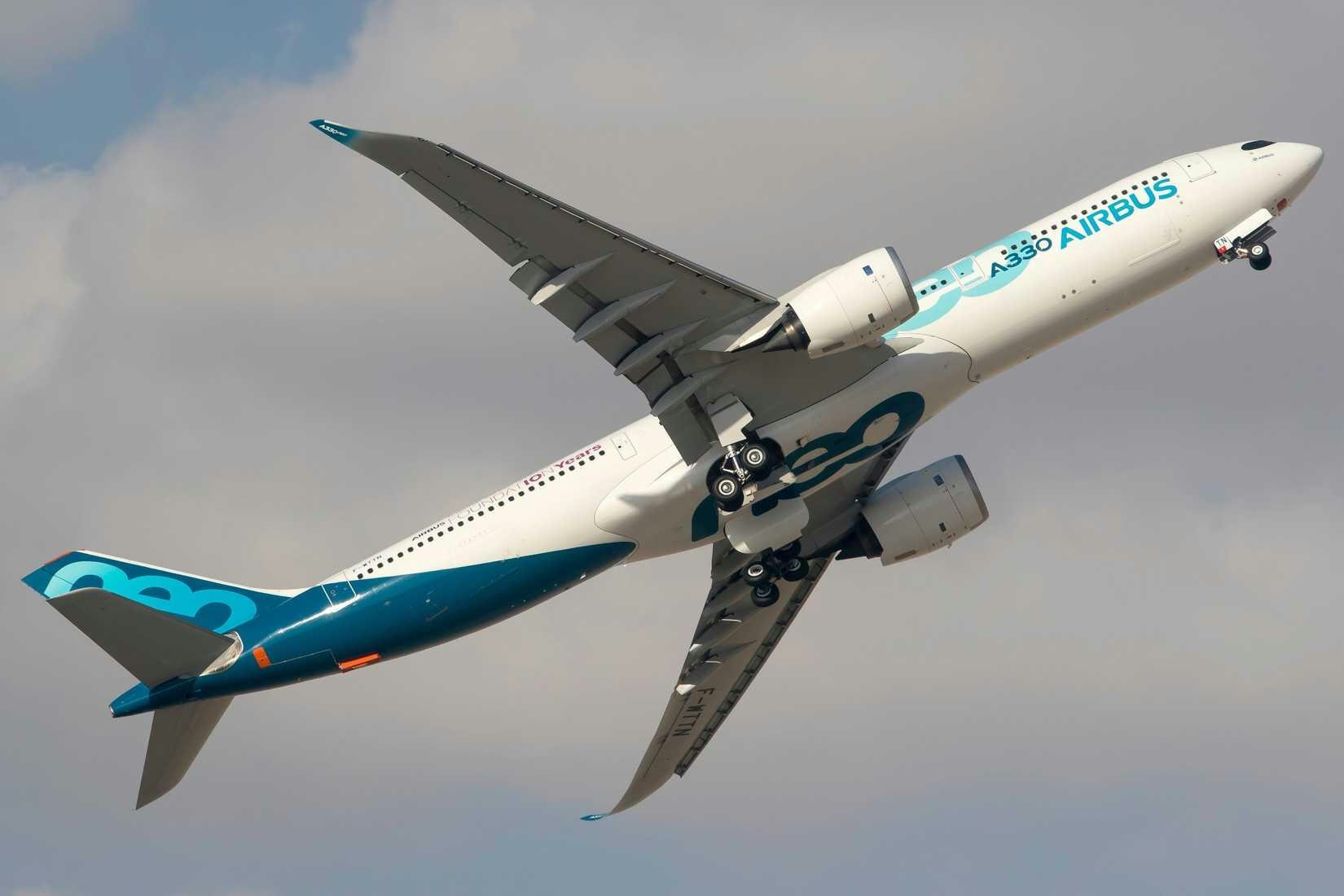
GOL CEO Confirms Possible Arrival of A330neo Widebody Aircraft

American Airlines donates APU to AIM Chicago for student training
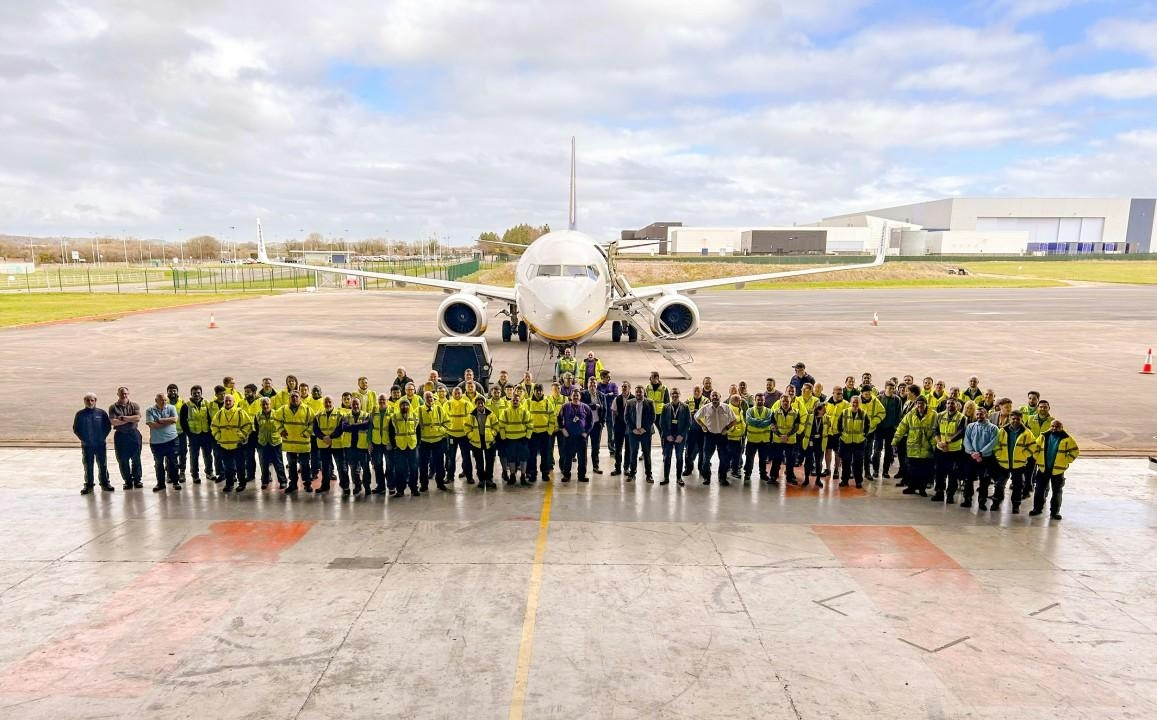
Steer Appointed Base Maintenance Manager at Caerdav
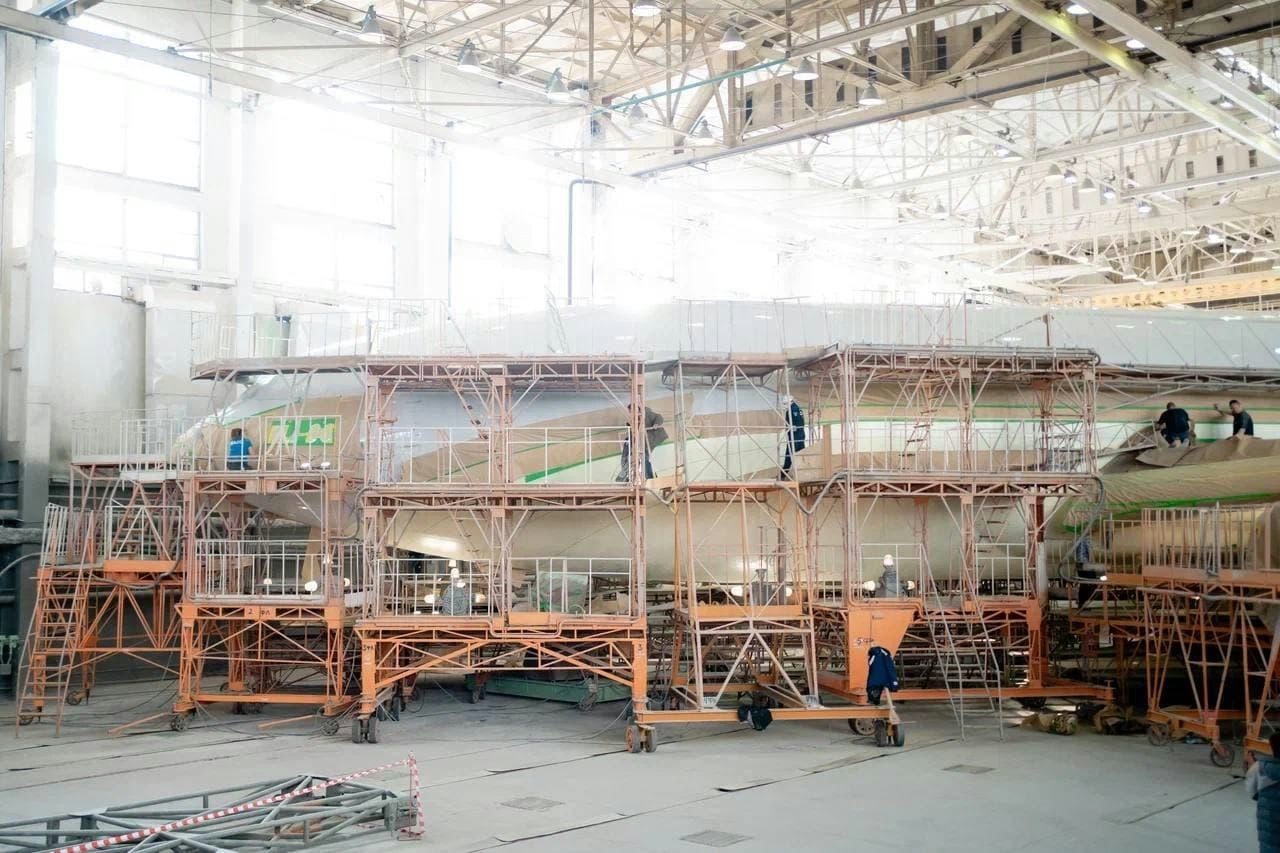
New Il-96 Wide-Body Aircraft Built in Russia; Customer Remains Undisclosed

SESAR JU and Canary Islands Sign Agreement to Advance Air Traffic Management

Contaminated Fuel Injector Causes Emergency Landing

Sahar Group Adopts Ramco Aviation Software to Support Growth
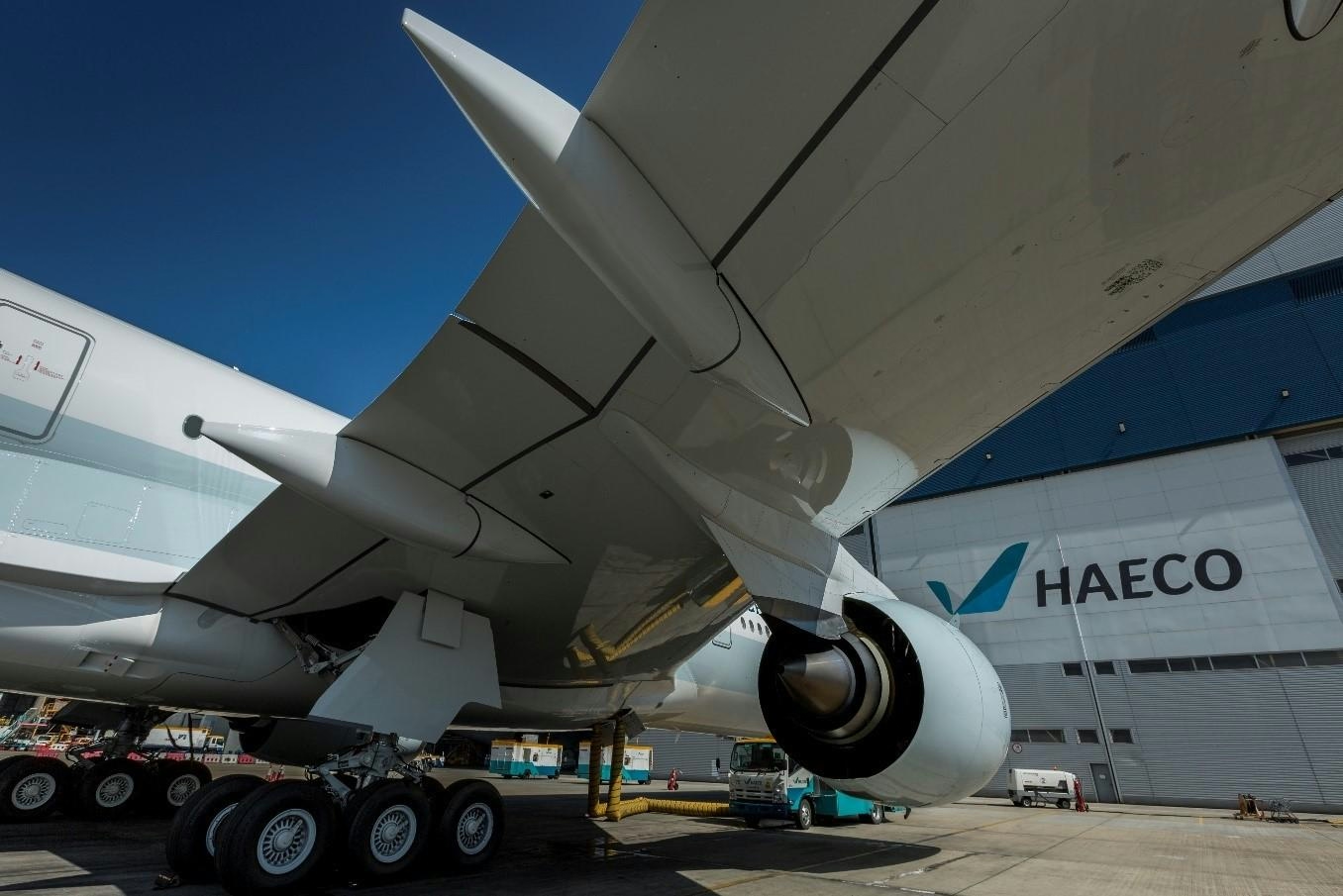
Deucalion Leases Three A330 Aircraft to Wamos Air

Acron Aviation Opens Global Headquarters in St. Petersburg, Florida

Will Uber and Joby Aviation Stocks Rise After Recent Announcements?
